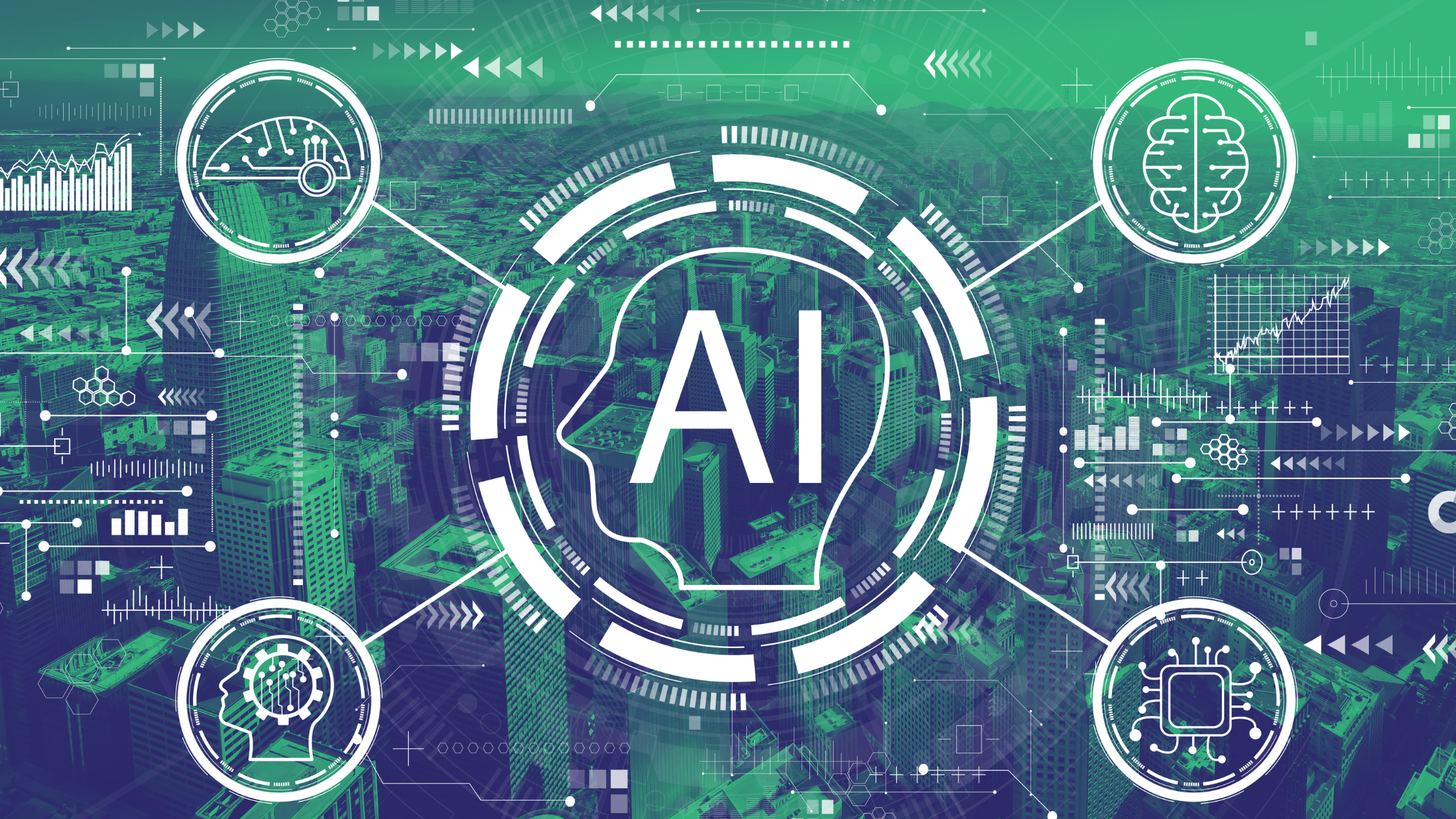The hospitality industry has long been synonymous with exceptional guest experiences. Furthermore, every interaction shapes their perception of the establishment, from when guests walk through the lobby doors to when they check out.
The role of telecom systems and call centers in ensuring these exceptional experiences is transforming profoundly, thanks to Artificial Intelligence (AI). Thus, this blog post explores how AI revolutionizes communication systems and customer service in hospitality, ultimately enhancing guest satisfaction.
AI’s Arrival in Hospitality
Traditionally, guest communication in the hospitality industry relied heavily on human interactions. Also, while these interactions often conveyed warmth and personalized service, they had limitations, such as restricted availability and the potential for human error.
1. AI’s 24/7 Availability
One of the immediate benefits of AI in hospitality is its 24/7 availability. For instance, AI-driven call centers and chatbots are always ready, ensuring guests can access assistance anytime, day or night. Moreover, whether a guest needs to request room service at midnight or inquire about local attractions at dawn, AI provides quick and reliable support.
2. Personalized Interactions
AI can analyze guest data, offering personalized recommendations and services. For example, imagine a scenario where guests receive a personalized welcome message with their favorite room amenities already arranged. Or their dining preferences are considered when suggesting restaurants nearby. These customized interactions leave a lasting impression and foster guest loyalty.
3. Efficient Query Handling
AI chatbots excel at efficiently handling routine queries and requests. Guests can quickly obtain information about amenities, hotel policies, or even local transportation options without waiting in phone queues or visiting the front desk. This efficiency not only enhances guest satisfaction but also frees up staff to focus on more complex tasks.
4. Multilingual Support
Hotels often host guests from diverse linguistic backgrounds. Therefore, AI-driven systems can offer multilingual support, breaking language barriers and ensuring guests feel comfortable and understood. Additionally, this inclusivity enhances the overall guest experience and contributes to higher satisfaction rates.
Enhancing Operational Efficiency
AI in telecom systems and call centers doesn’t just benefit guests; it also enhances operational efficiency. For instance, AI can manage high call volumes during peak times without incurring additional staffing costs. Furthermore, it can prioritize and route calls to the appropriate department or staff member, reducing response times and ensuring that guests’ needs are met promptly.
The Future of Guest Communication
As AI technology continues to evolve, so does its role in hospitality. Plus, the future promises even more sophisticated AI-driven communication systems. Imagine a hotel where guests can use voice commands to control room settings, order room service, or ask for local recommendations. Such innovations are already becoming a reality.
Conclusion
AI is not just a buzzword in the hospitality industry; it’s a practical tool that reshapes guest communication and experiences. Therefore, with AI-driven telecom systems and call centers, hotels can offer seamless interactions, round-the-clock support, and personalization that elevates guests’ stay. The hospitality industry is well-positioned to meet travelers’ evolving needs and expectations, ensuring every guest’s stay is an unforgettable experience.
As we embrace the future of hospitality with AI-powered guest communication, the possibilities for enhancing guest satisfaction are endless. The key lies in leveraging this technology to create memorable experiences that leave a lasting impression on guests who walk through your doors.

